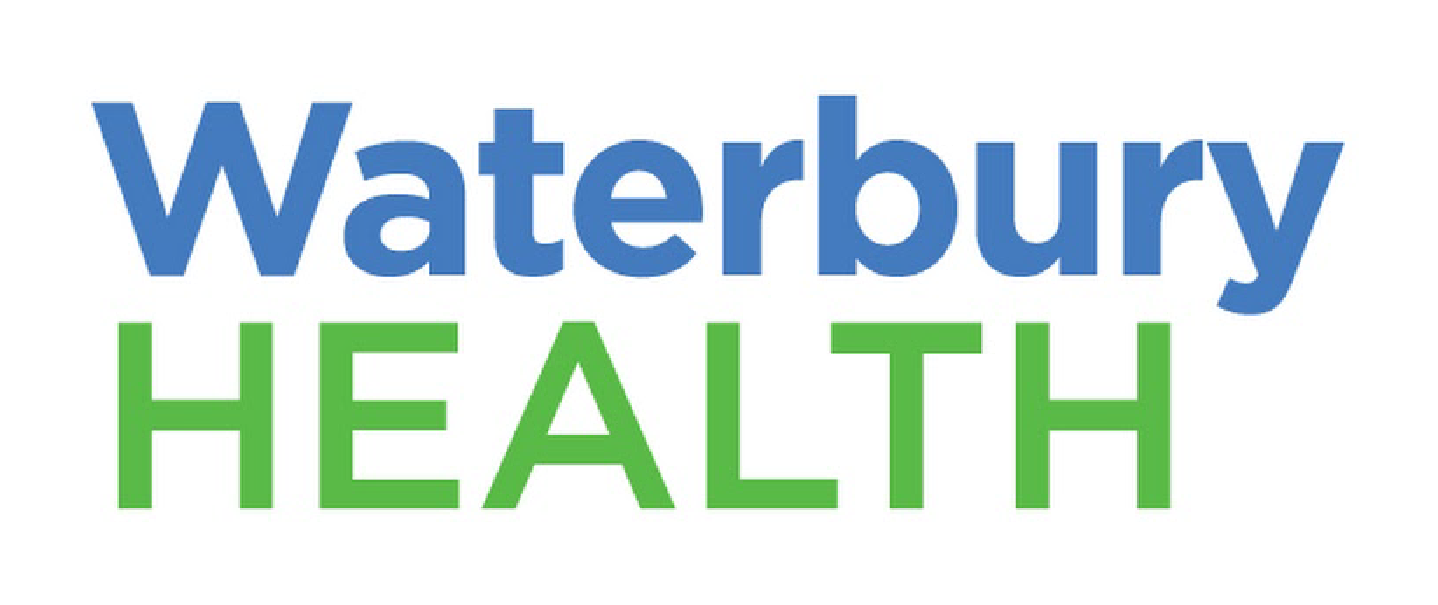Spring Allergy Season is Nothing to Sneeze At!
For many people, a runny nose, itchy, swollen eyes, and an uncontrollable urge to sneeze mean just one thing: Spring has sprung!
Welcome to spring allergy season! While this can be a miserable time of year for people who suffer from seasonal allergies (or hay fever, as it is also called), there are steps you can take to alleviate your symptoms.
That’s welcome news for the approximately one in four adult Americans who, according to the CDC, have seasonal allergies. In fact, allergies of various kinds affect a significant portion of the U.S. population. The CDC estimates that as many of one-third of all U.S. adults have a seasonal allergy, eczema, or a food allergy. According to the American College of Allergy, Asthma and Immunology, allergies are the sixth-leading cause of chronic illness in this country.
Here are some tips on how to gain some relief if you suffer from spring allergies. They may also help you enjoy this beautiful time of year a little more comfortably!
Spring Allergy Symptoms
Seasonal allergies typically occur in spring, summer, or fall and are primarily caused by airborne pollen from trees or plants, or from mold spores. In Connecticut, our cold winters give allergy sufferers a break during that time of year. But because we have a multitude of trees and plants that produce pollen, beginning in late February or early March as the weather warms up, allergy sufferers often start noticing symptoms. These can include:
- Red, itchy, watery, or swollen eyes
- A runny or stuffy nose
- A dry, scratchy throat and postnasal drip
- Coughing or sneezing more than usual
- Sinus pain and/or headaches
- Facial swelling
- Trouble breathing or congestion
- Fatigue and mental sluggishness
Allergy Medications
Many over-the-counter medications, including antihistamines, nasal sprays, and decongestants, are readily available to help alleviate your spring allergy symptoms.
Older antihistamines like Benadryl can make you drowsy, which may affect your ability to do your work or drive a car. More recent medications like Claritin, Allegra, and Zyrtec are effective for relieving symptoms like itchy eyes, runny nose, and sneezing, without making you sleepy.
Nasal sprays like Flonase, Nasonex, Rhinocort, and Nasacort can help alleviate nasal congestion, postnasal drip, and sinus pain. To be effective, however, they need to be used every day. Use of an expectorant like Mucinex can also help clear nasal congestion by reducing excess mucus and phlegm.
Taking a decongestant like Sudafed, Allegra-D, Claritin-D, or Zyrtec-D every day can also relieve symptoms like nasal congestion, postnasal drip, and sinus pain. However, decongestants are not recommended for people with high blood pressure or heart conditions, or if you are pregnant. As with any over-the-counter allergy medication, always consult with your doctor or other health care provider before taking a decongestant.
Natural allergy remedies like nasal rinses and nasal mists, which flush out your nasal cavity with salt water, can also provide relief. It’s important to always use distilled water and not tap water, which can lead to infections.
For people with severe seasonal allergies who are not helped by over-the-counter medications, immunotherapy may be another option. This consists of a series of injections given over an extended period of time by an allergy specialist to make the patient less sensitive to whatever allergen is affecting them. Ask your doctor if immunotherapy is a treatment you should consider.
Avoiding Allergy Triggers
There are some simple steps you can take during allergy season to minimize your exposure to the pollens and molds that can trigger allergic reactions:
- Monitor pollen and mold counts in your area and stay indoors when the counts are high, especially on windy days. You can get a daily pollen count for where you live here. Many newspapers, TV and radio stations also include pollen counts in their weather reports.
- Keep windows and doors shut when you’re at home or driving your car during allergy season.
- Use air conditioning and air filters at home and at work.
- Use a room humidifier to combat the dry heat produced by electric, gas, wood, or pellet stoves.
- Change your furnace filters regularly.
- Take a shower and wash your hair and clothes to rinse off any pollen after you’ve been outdoors.
- Wear an N95 or KN95 face mask whenever you do chores outside, like mowing the lawn or weeding.
- If you are taking medications for spring allergies, remember to start taking them at least two weeks before your symptoms normally appear. These medications often take time to work so, by taking them early and consistently, you can get out ahead of your symptoms!
Spring is a season we should all be able to enjoy – especially those of us with seasonal allergies!
